South Korea's Ministry of Education announced that it had removed "killer questions" with high difficulty, outside the curriculum, but many disagreed and in fact, test scores decreased compared to last year.
The Korea Institute of Curriculum and Evaluation, which organizes the college entrance exam (Suneung), released a report last week analyzing the test scores of more than 440,000 test takers.
This year’s Suneung exam took place on November 16, lasted 8 hours, tested knowledge of Korean, Math, English, Korean history, second foreign language or Chinese characters. As a result, only one candidate achieved perfect scores on all tests, compared to three people last year.
Except for English and History, the way to calculate test scores in Korea is relatively complicated, including many components such as the test score of the candidate, the average score of the test, the standard score... In which, the standard score shows how much an individual's score differs from the average score of those taking the test. In general, if the highest standard score is 140 points or more, the test is considered difficult. If this score is close to 150, the test is considered challenging.
In Korean, the highest benchmark score this year was 150, up 16 points from last year and equal to 2019, the exam that held the record for the benchmark score so far. The number of students achieving a perfect score in this section also dropped significantly, to only 64, compared to 371 last year.
The Math section was also more difficult, with the highest benchmark being 148 points, up three points from last year's exam.
In English, only 4.7% of candidates were ranked in the top group (90/100 points). Compared to last year, this group decreased by 14,000 people and is the lowest level since the subject changed its scoring method in 2018.
The result is contrary to the expectations of candidates for an easy exam because the "killer questions" were eliminated, according to the announcement of the Korean Ministry of Education in June. In previous years, these were questions with a low correct answer rate (5-10%), usually in Math and Korean. To increase the ability to solve these questions, students had to go to private cram schools, after regular school hours.
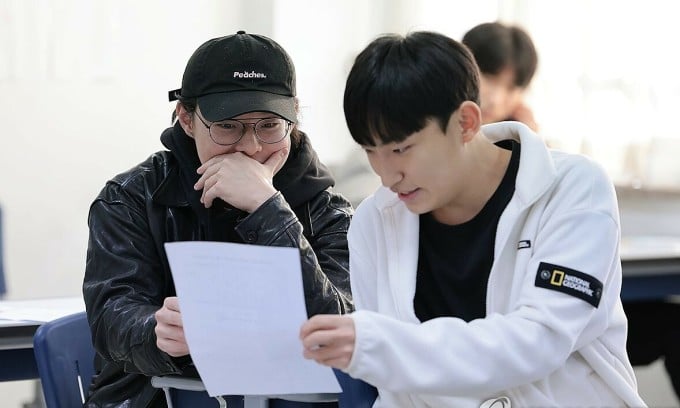
Students compare scores at Gyungbok High School in Seoul on December 8. Photo: Yonhap
The low scores have fueled controversy over the difficulty of the college entrance exam. The South Korean Ministry of Education claims it has successfully eliminated all “killer questions” and differentiated the ability of top students.
However, according to The Korea Herald , 75% of teachers claim that "killer questions" have not really been eliminated, and 86% of test takers believe that the university entrance exam is still difficult. The actual exam uses questions of similar difficulty, with similar answers, making it difficult for test takers to distinguish.
According to experts and candidates, each subject has about 5 high-level application questions that are as difficult as the "killer questions" of previous years. For example, question 22 of the Math exam requires candidates to find a graph that satisfies the given conditions by examining the sign of the differential coefficient, then calculating the value of the function. Many candidates are stumped, while a Math teacher at a test preparation center took more than 20 minutes to solve this problem.
The Korea Institute of Curriculum and Assessment explained that the Ministry of Education does not identify "killer questions" by difficulty.
"Questions that require high problem-solving skills, in addition to new teaching materials, are the killer questions," said Oh Seung-keol, president of the institute, emphasizing that all questions in this year's exam are from the public education curriculum.
However, for students and parents, the so-called "killer questions" are extremely difficult and complicated questions," according to Lee Man-ki, vice president of Uway Educational Evaluation Research Institute.
He acknowledged that this difference would still cause students to flock to private exam preparation centers, contrary to the Ministry of Education's goal of reducing exam pressure.
"Because the university entrance exam is still based on relative evaluation, in order to increase competitiveness, candidates have no choice but to take extra classes. That is the reality in Korea," said Mr. Man-ki.
Huy Quan (According to The Korea Herald, Donga)
Source link




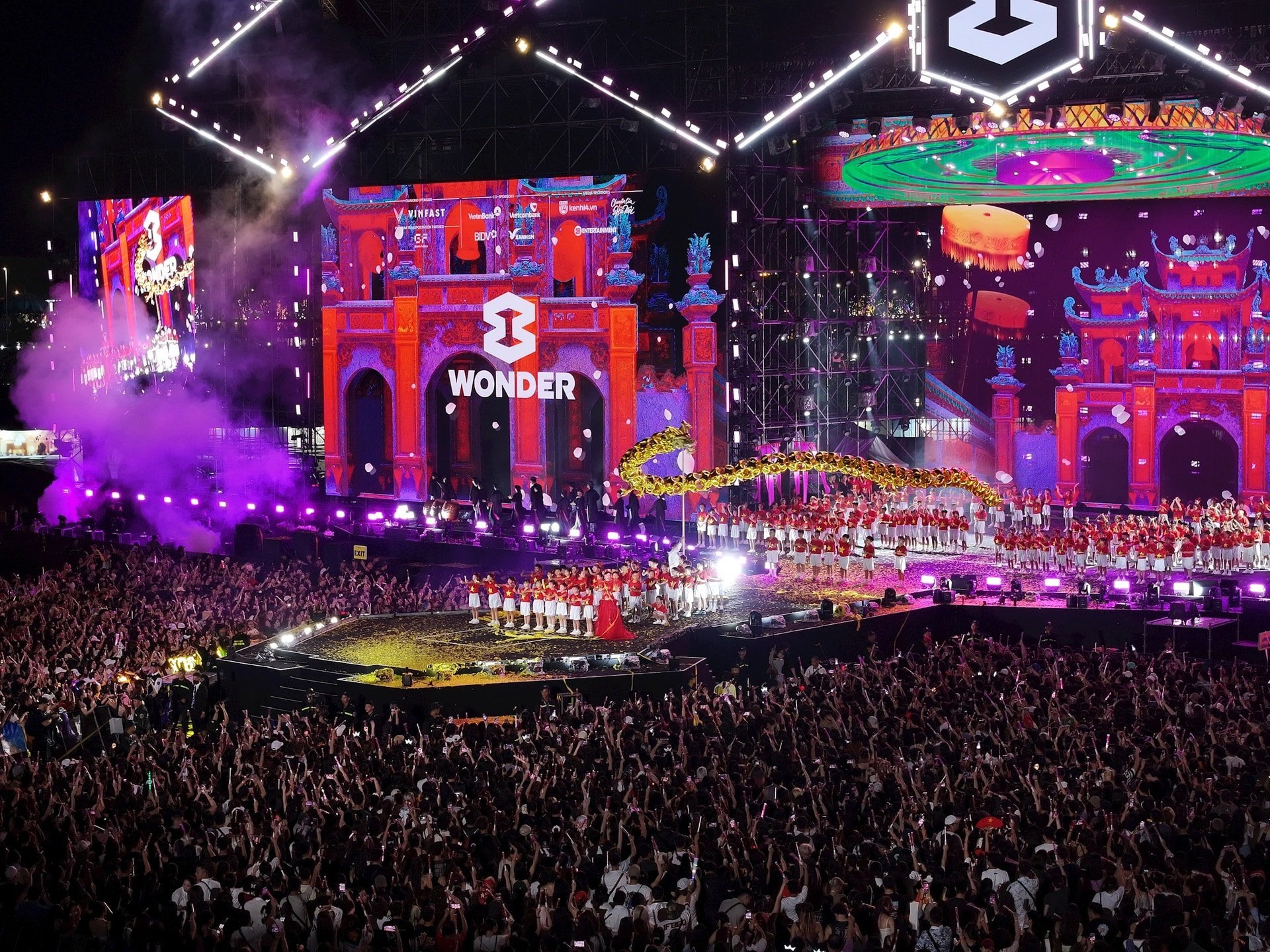
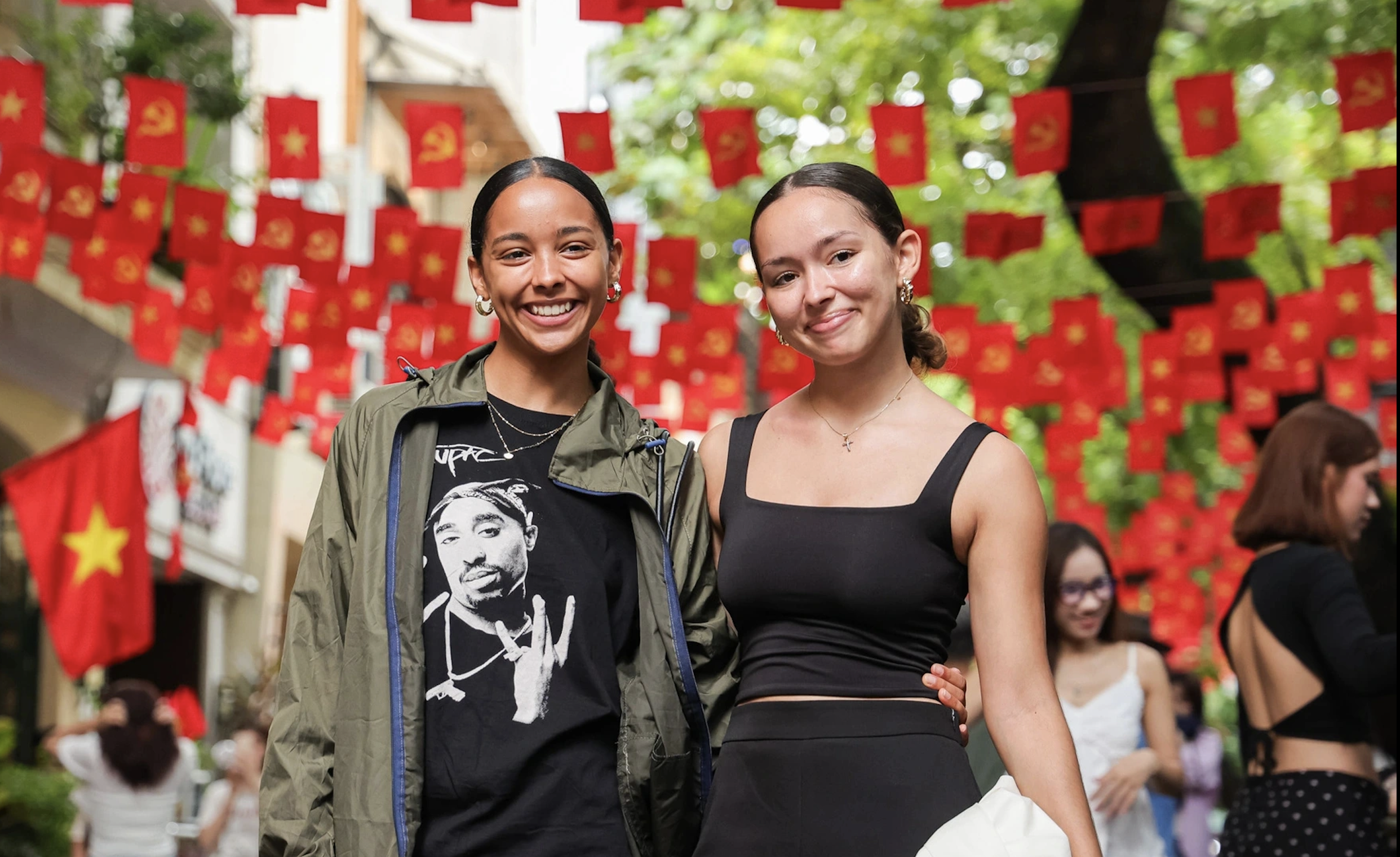
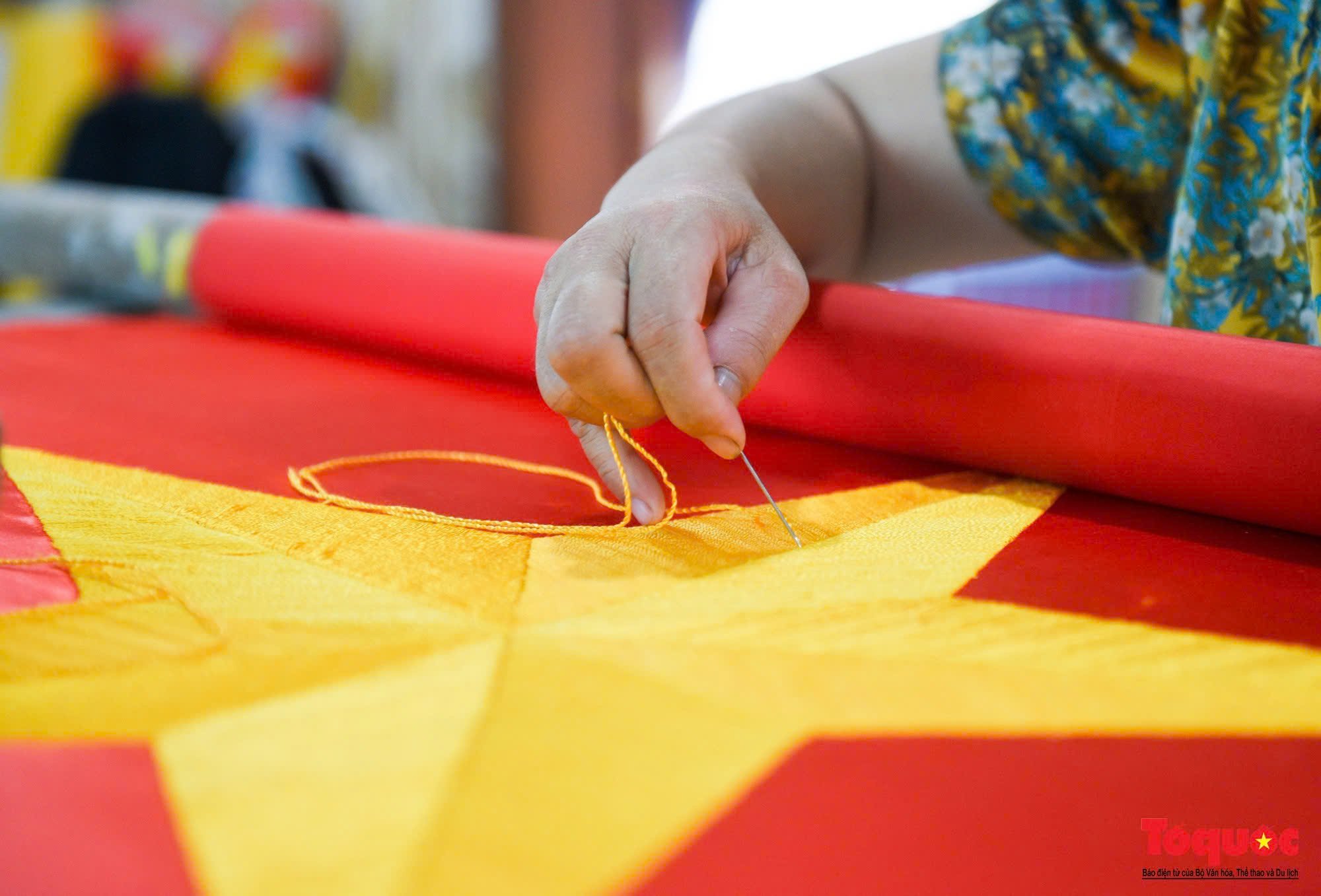
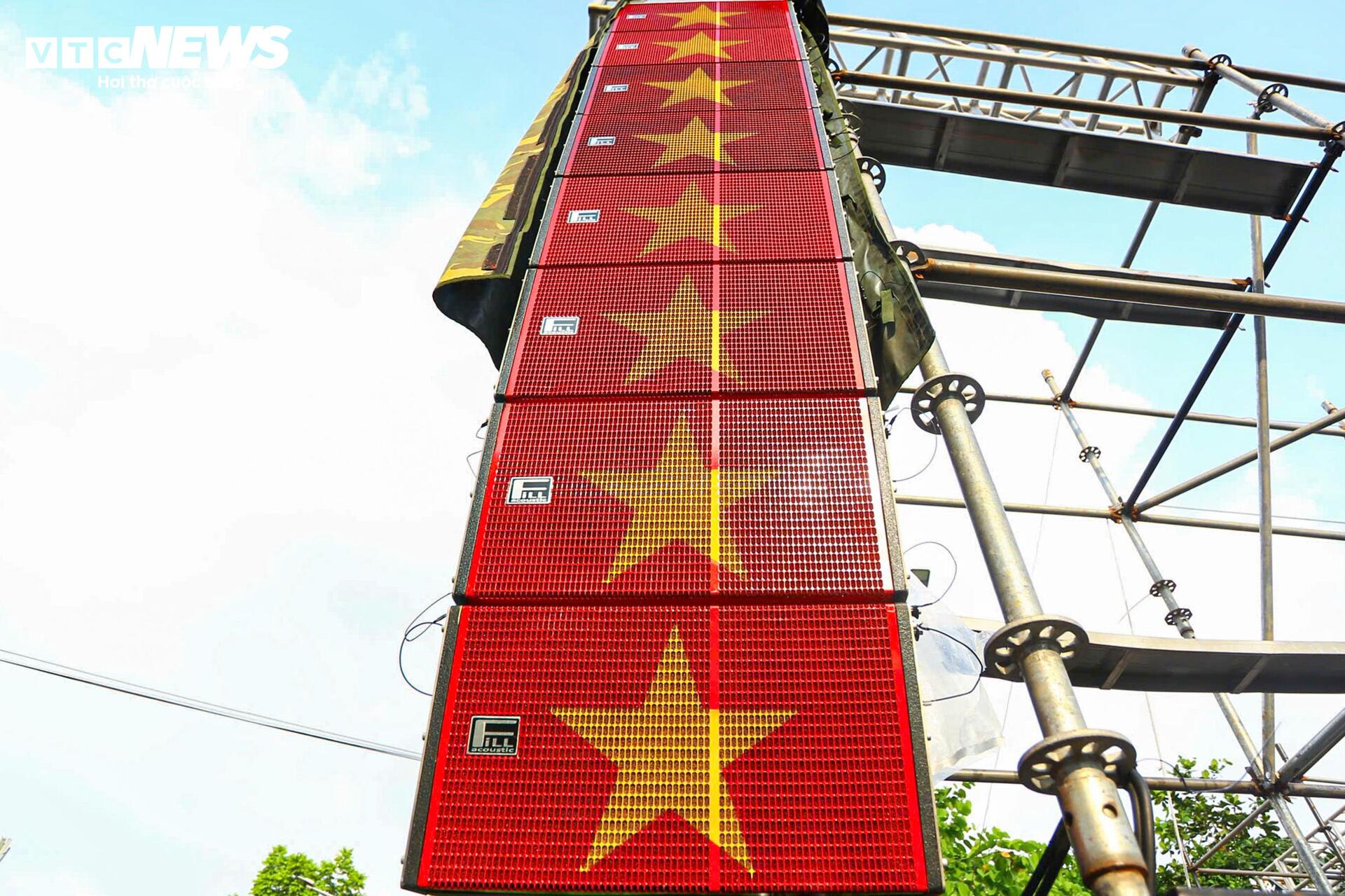
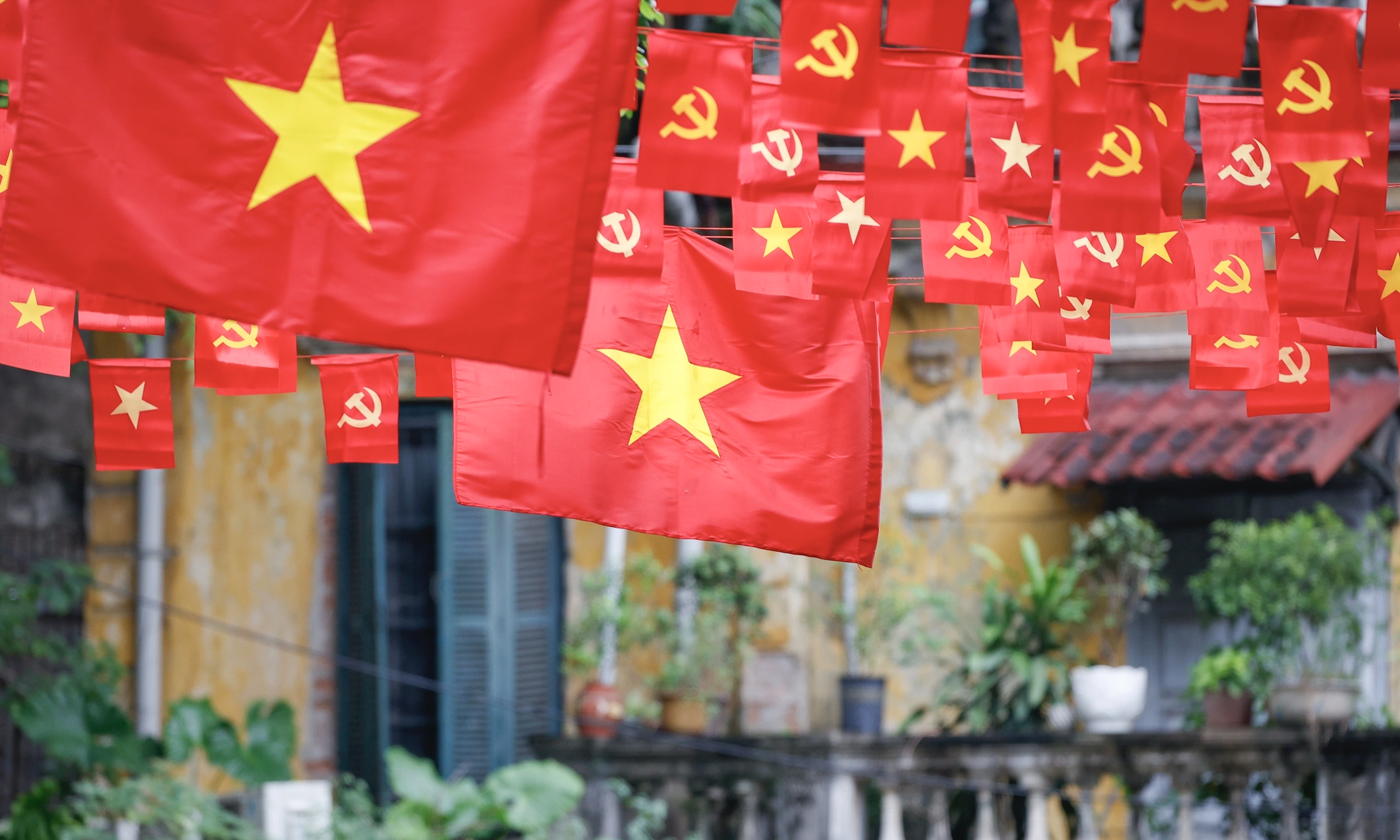
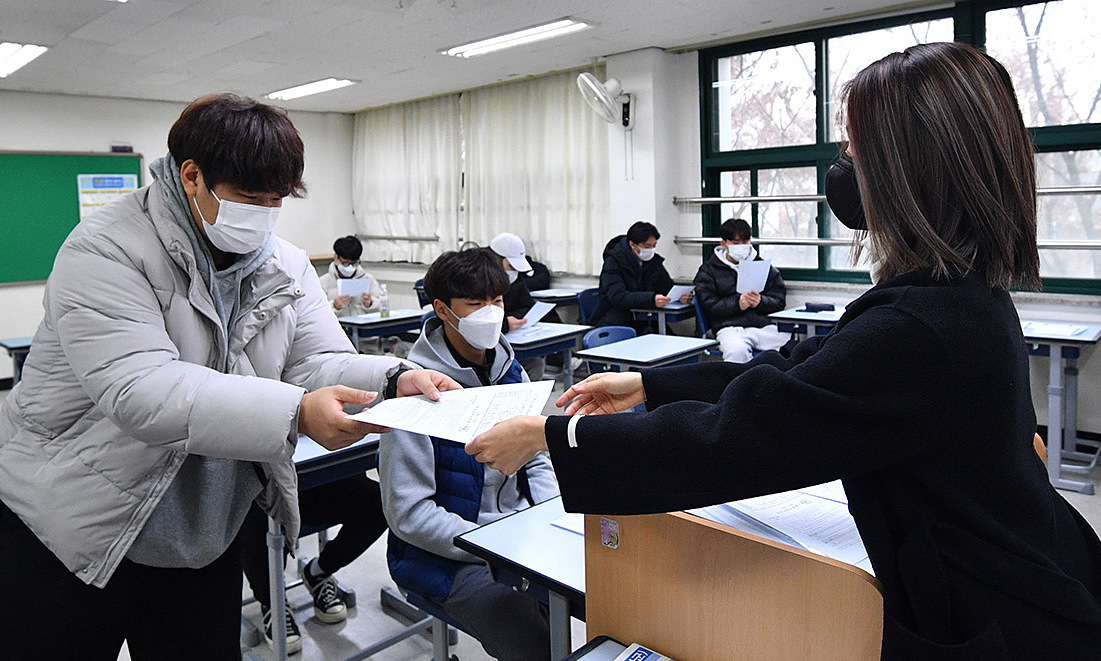
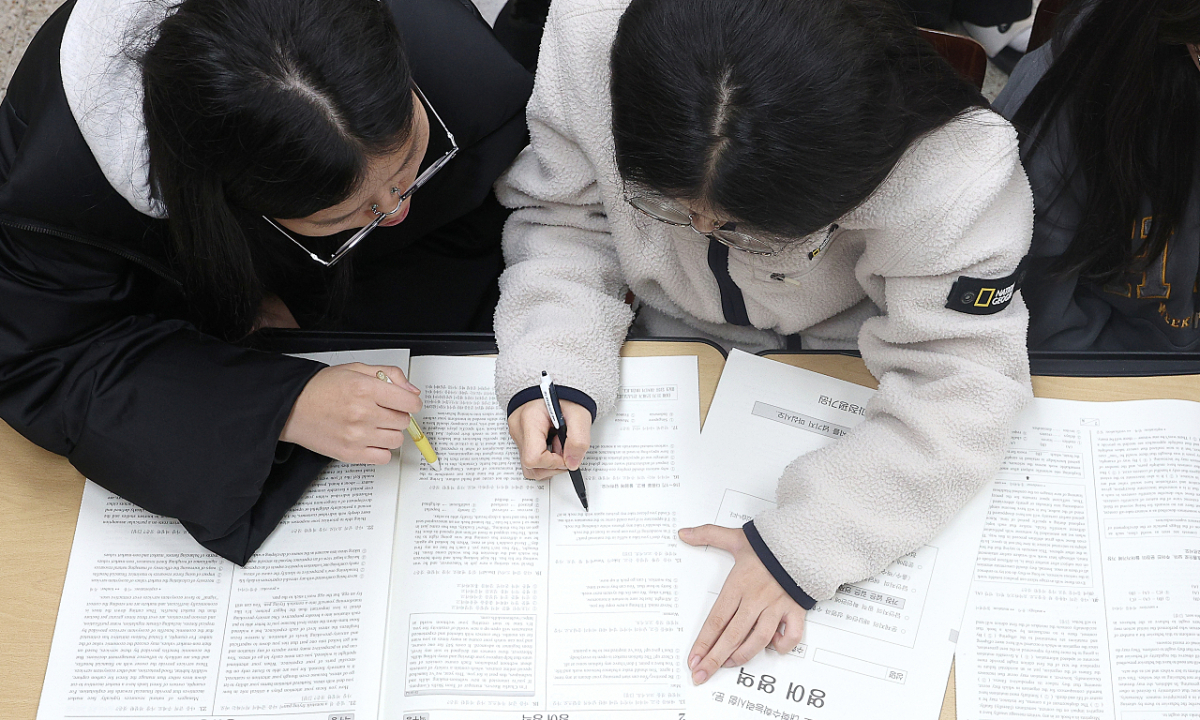
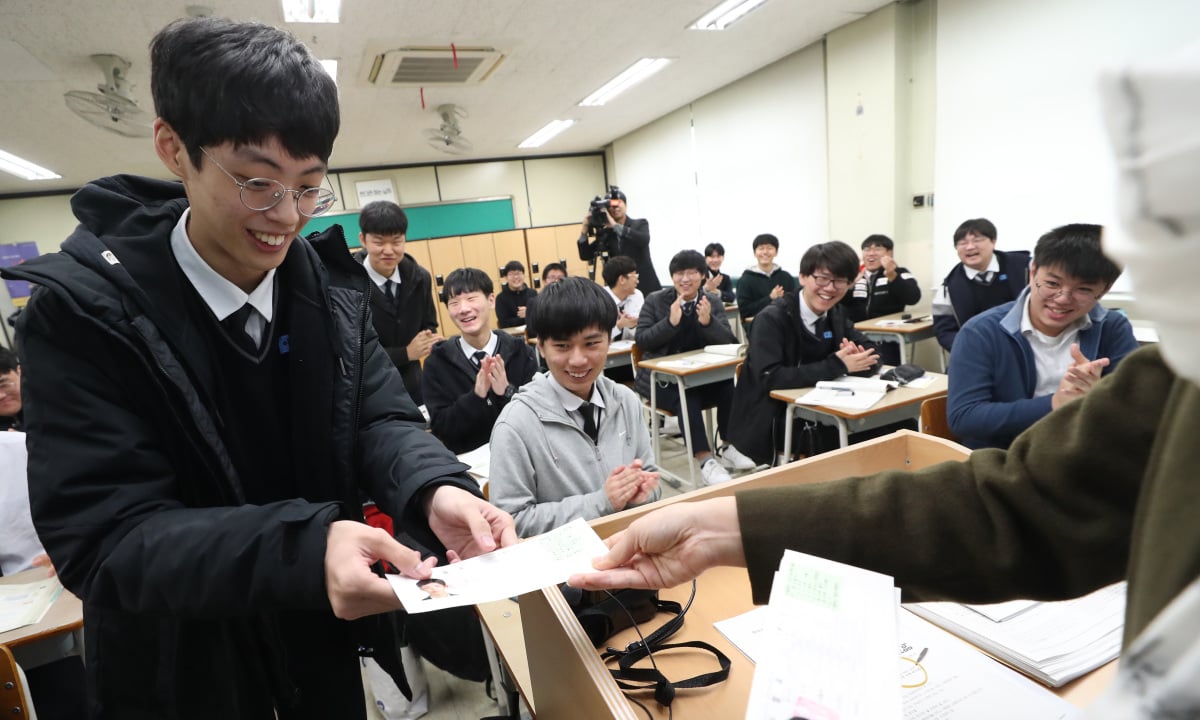
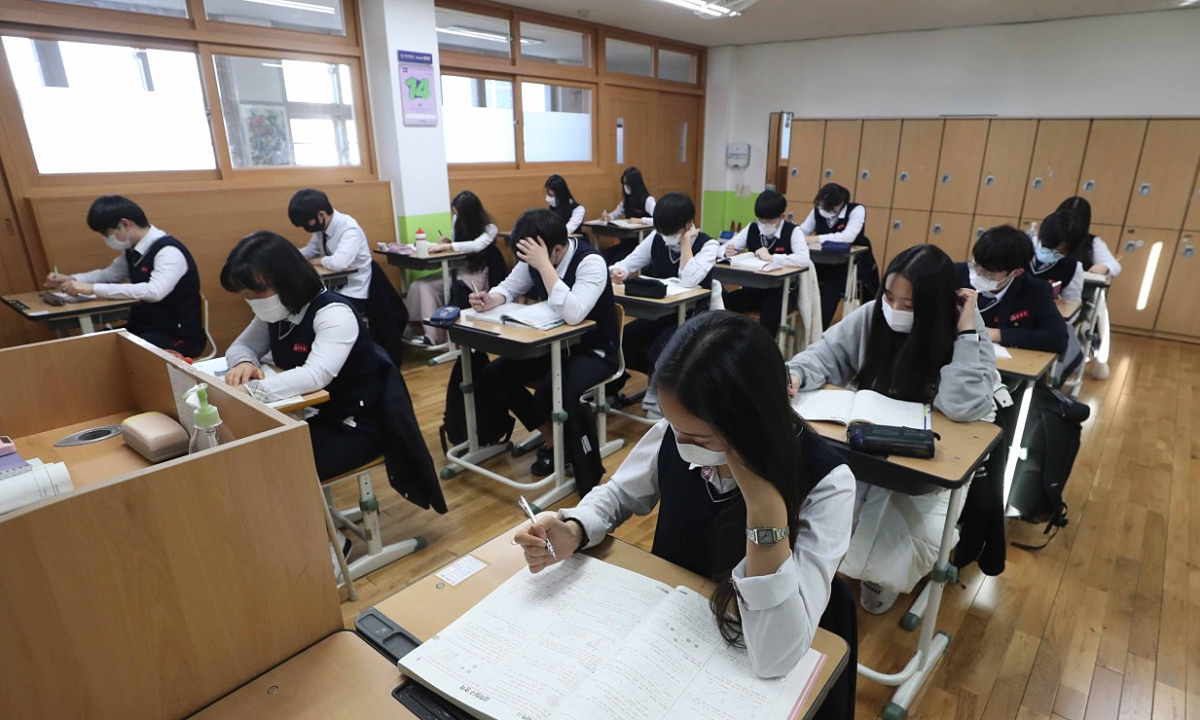
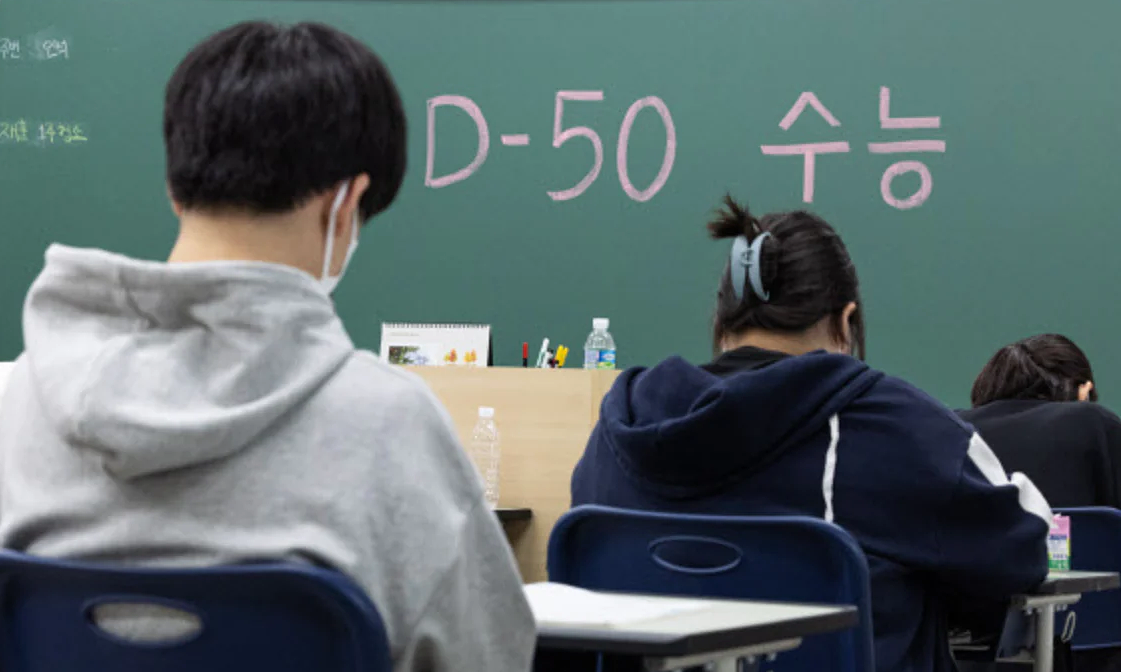
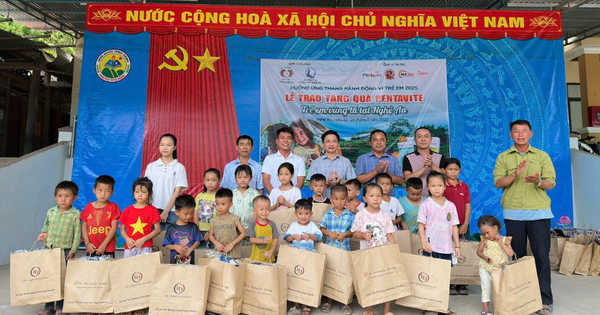

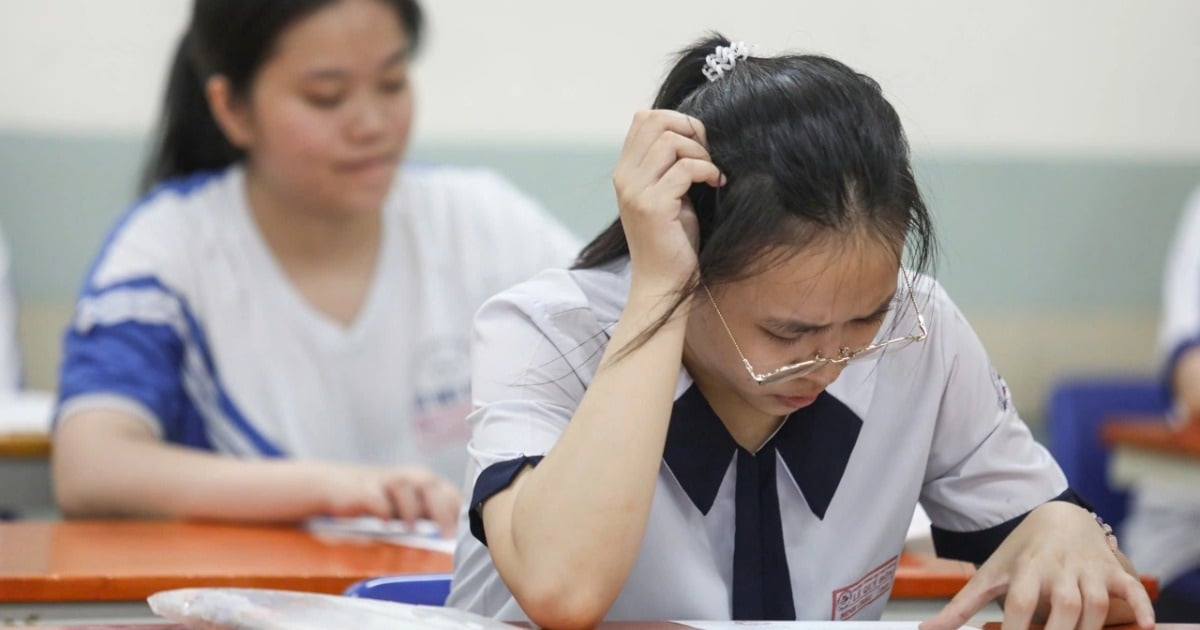

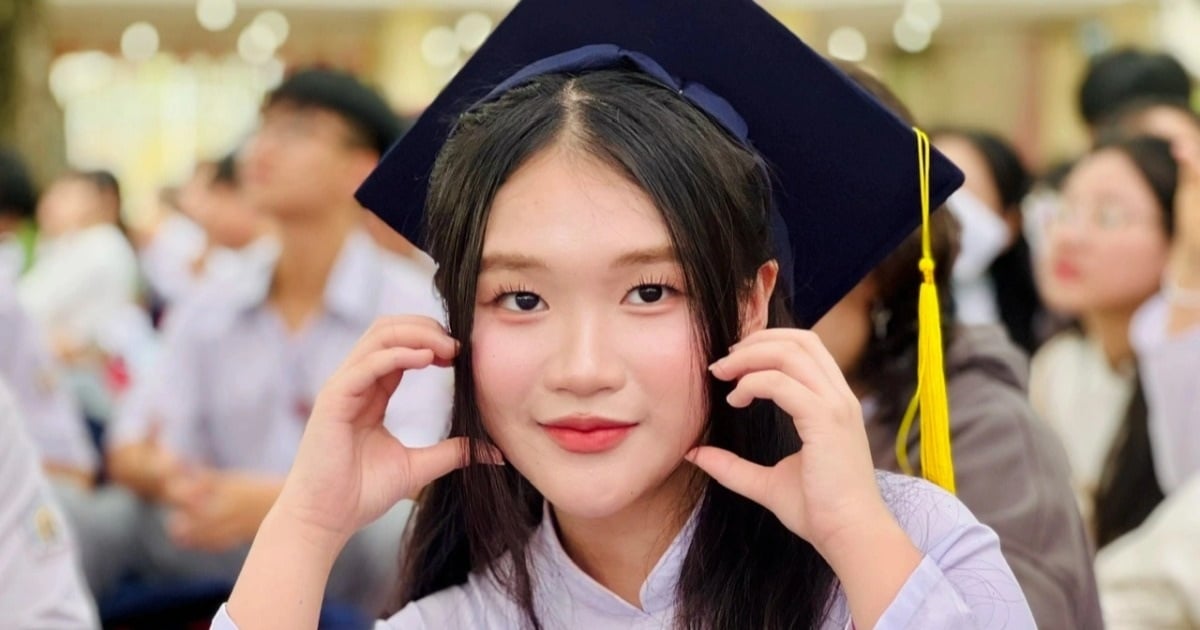
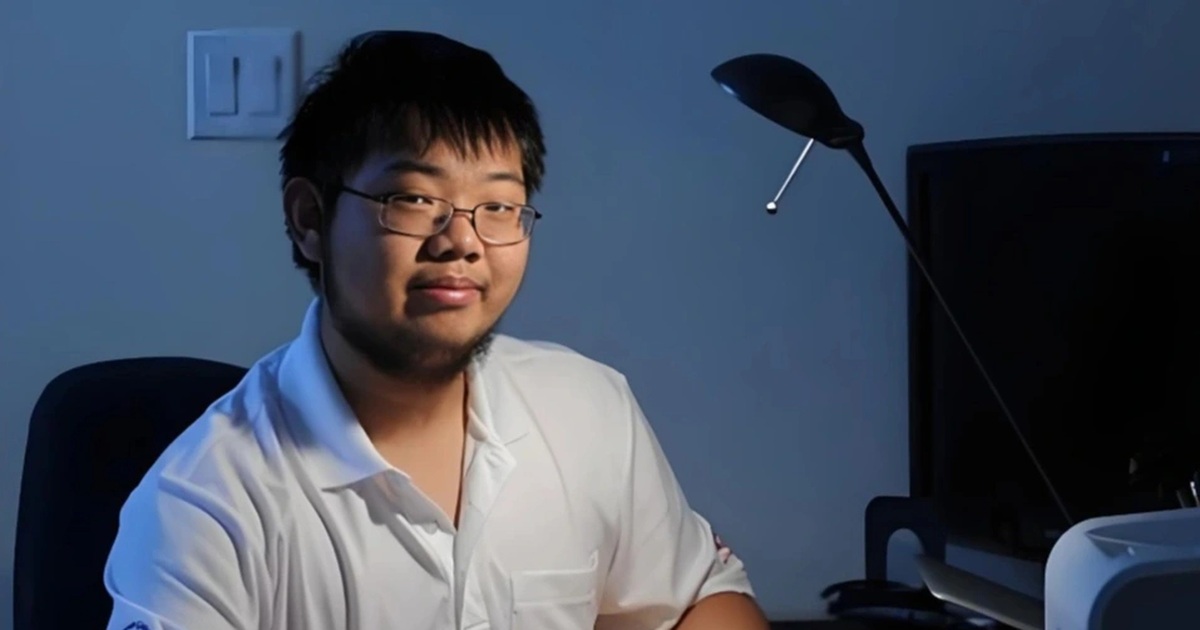
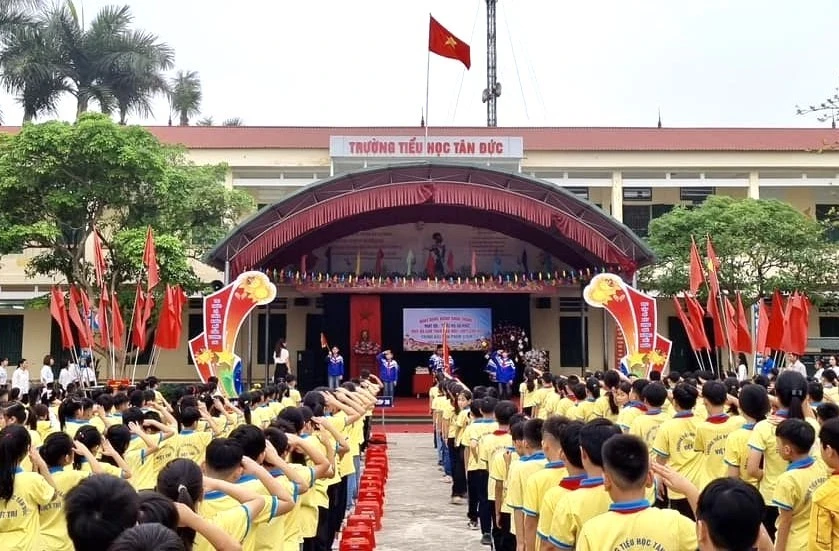

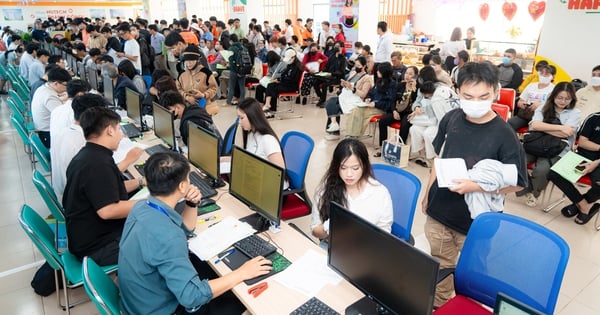










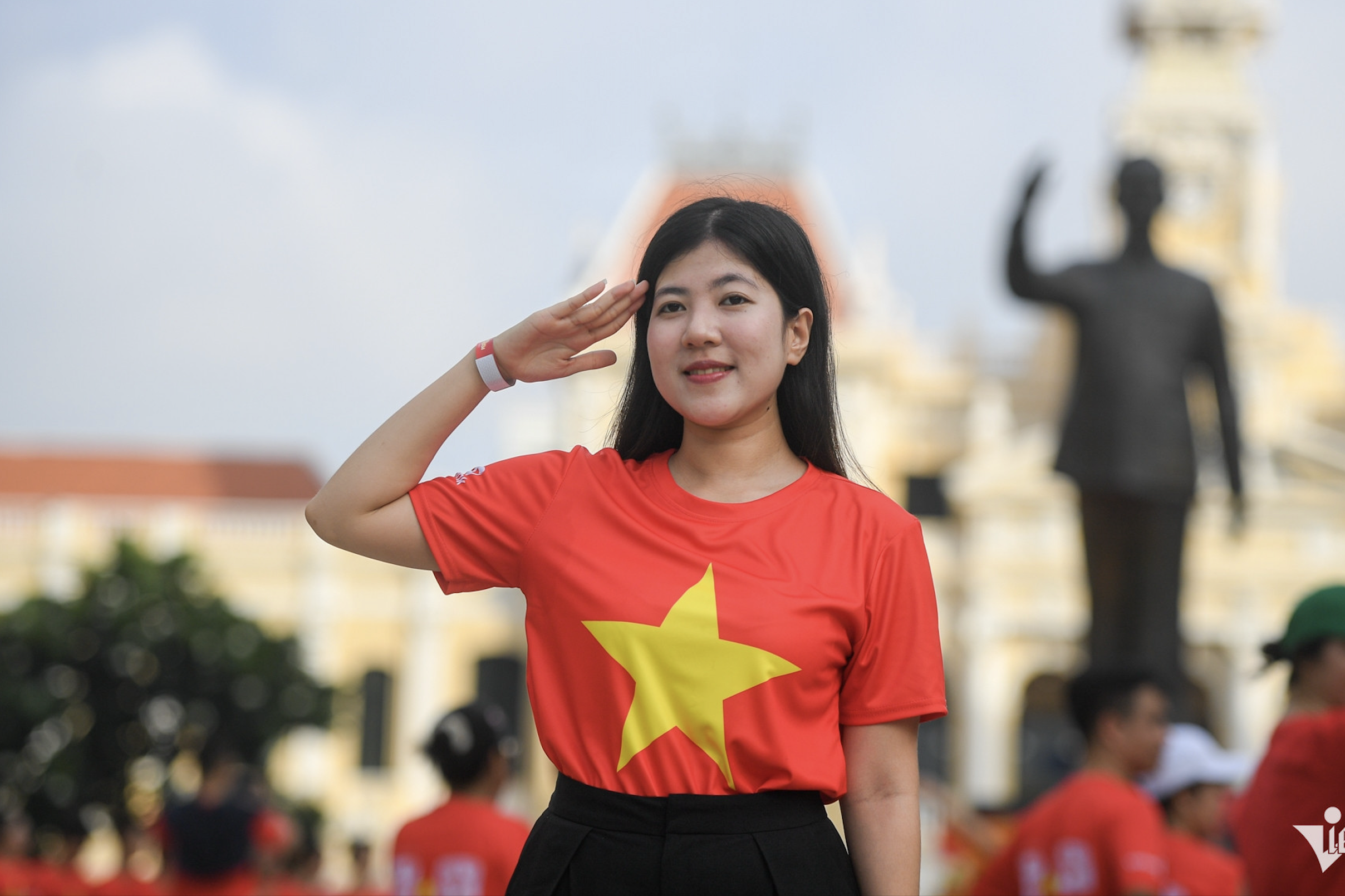
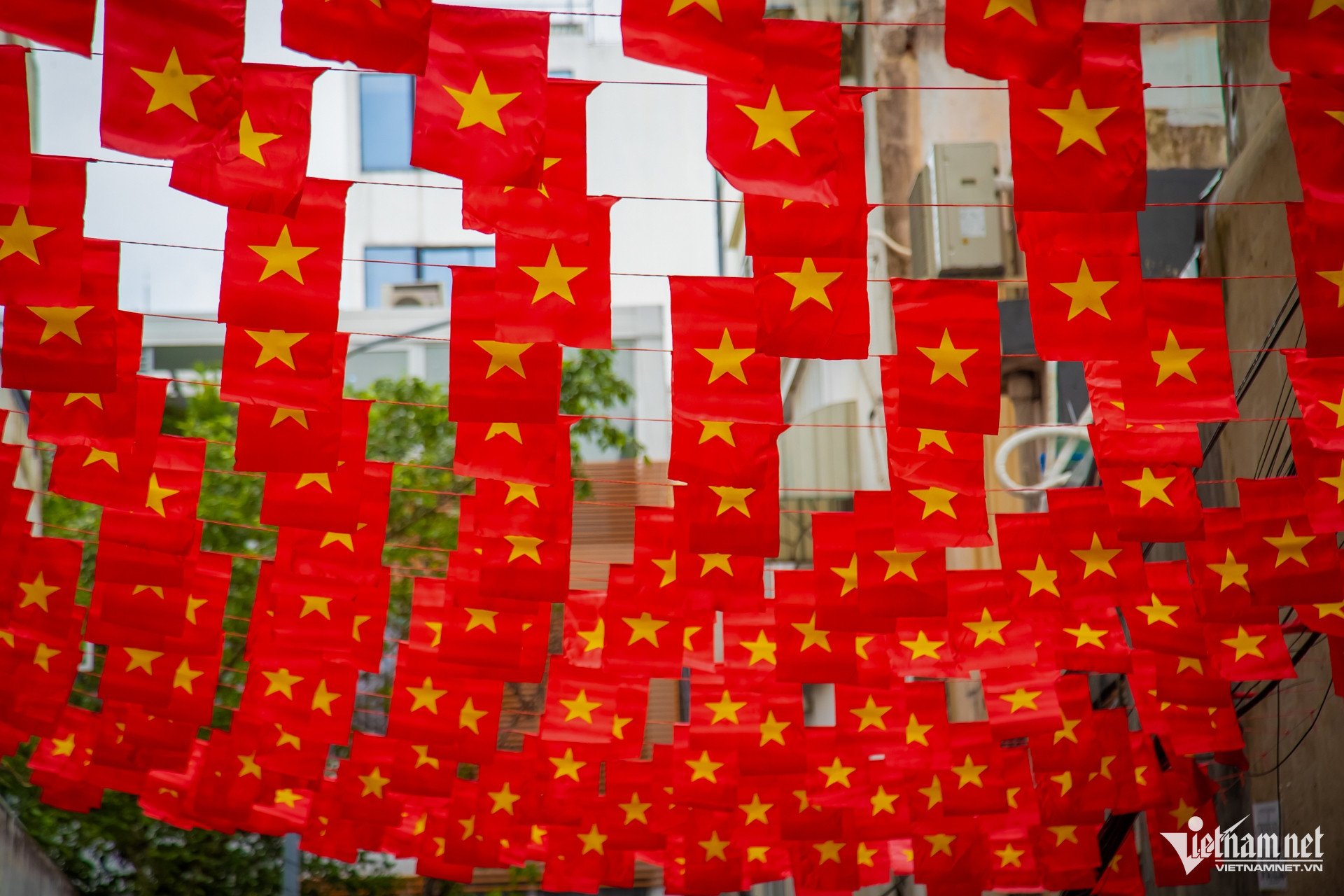































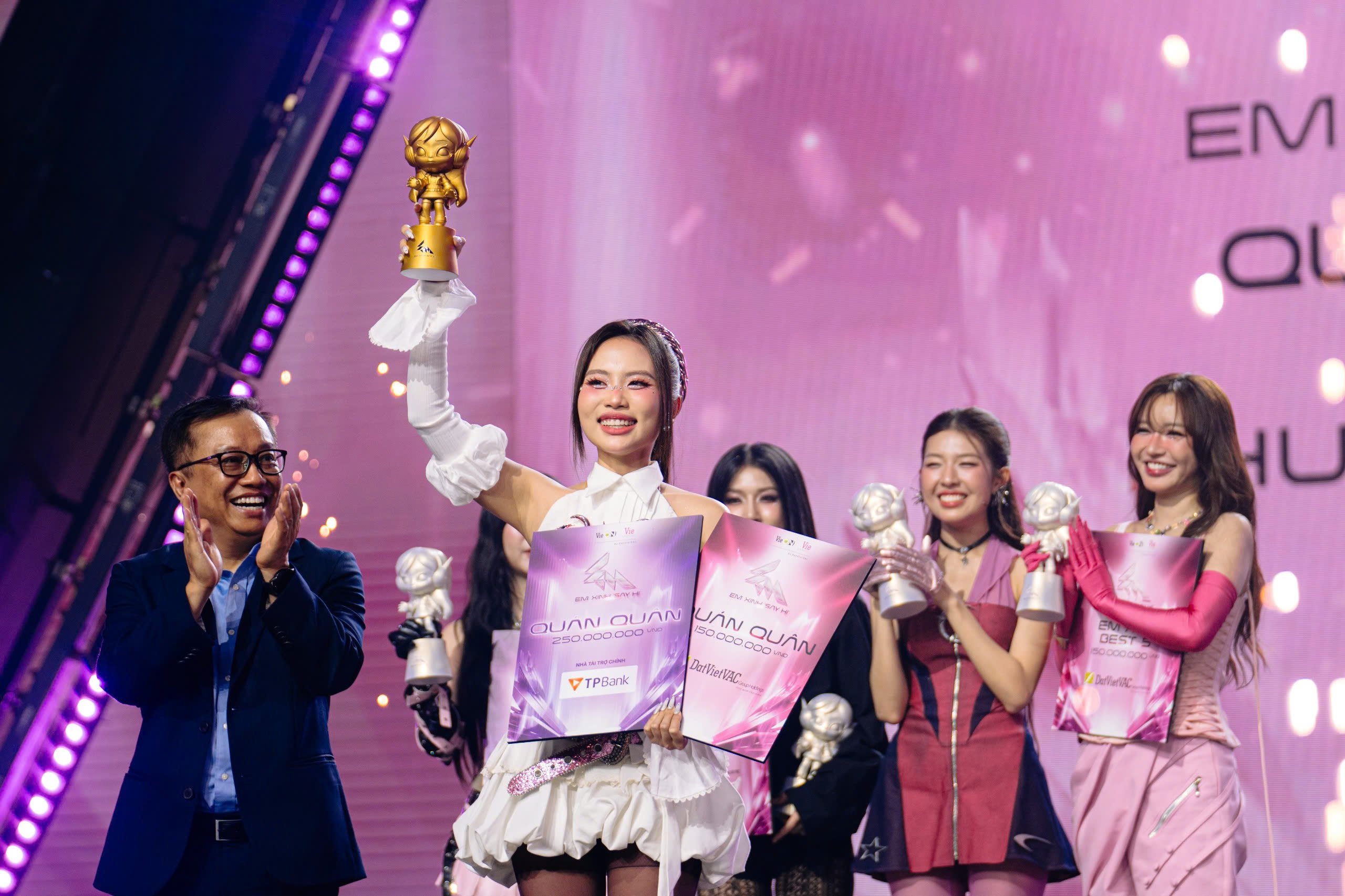
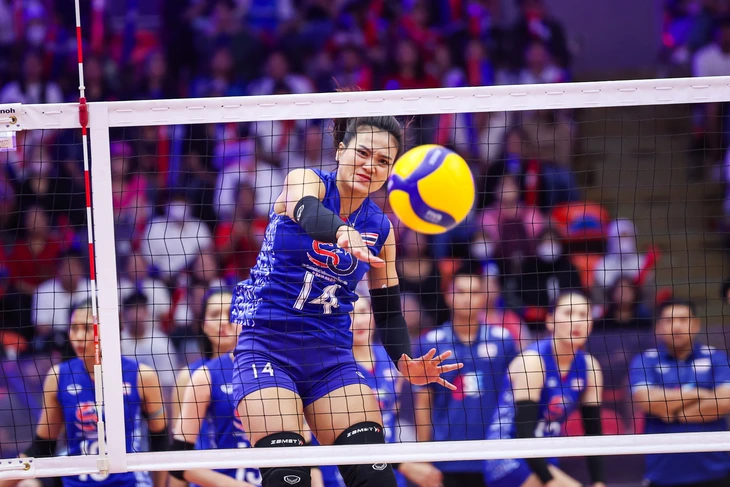





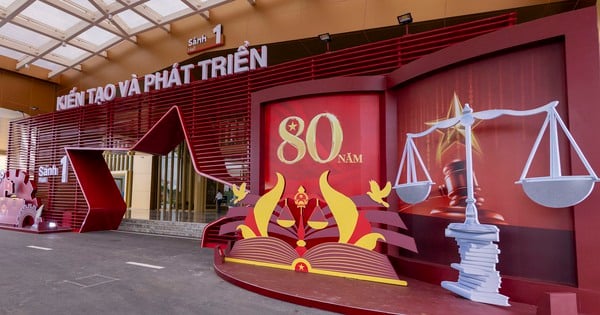





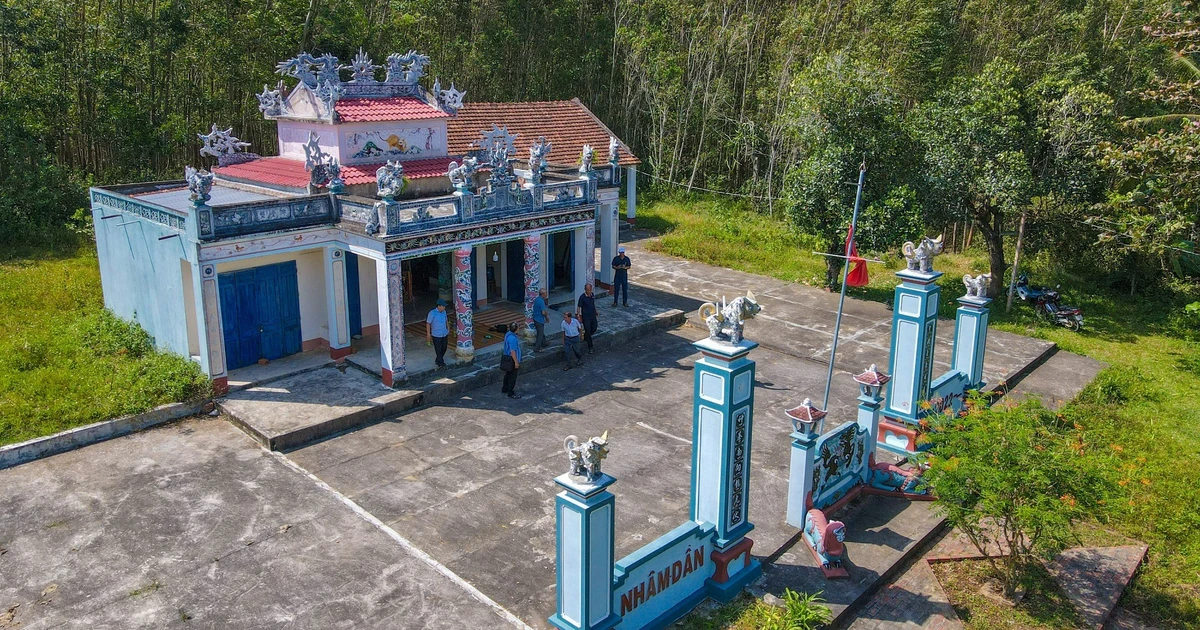





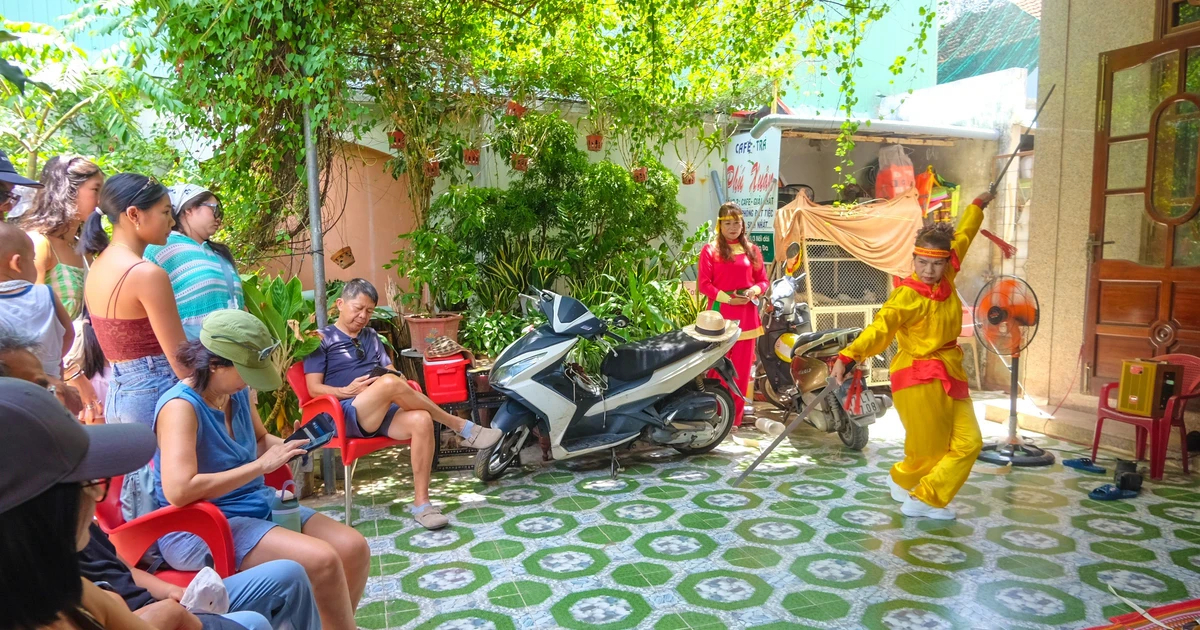

















Comment (0)